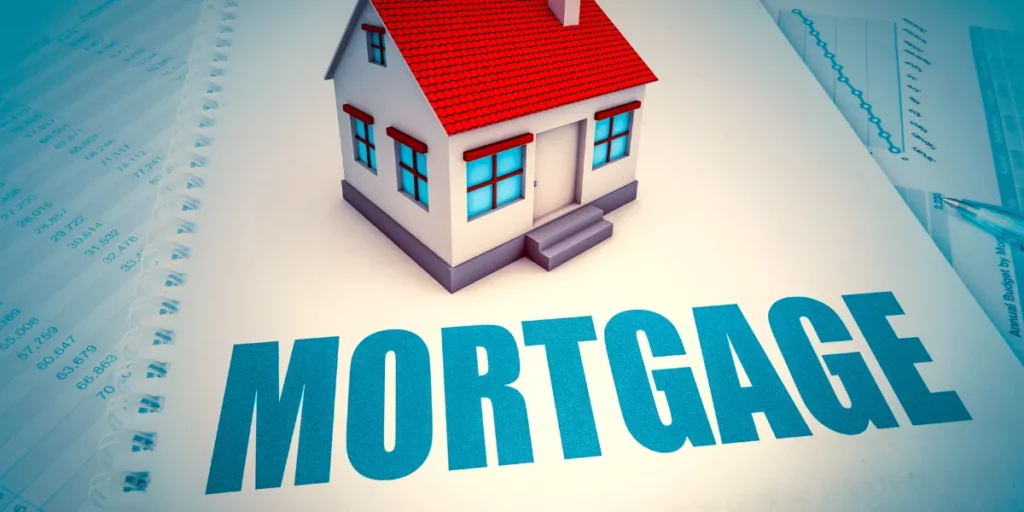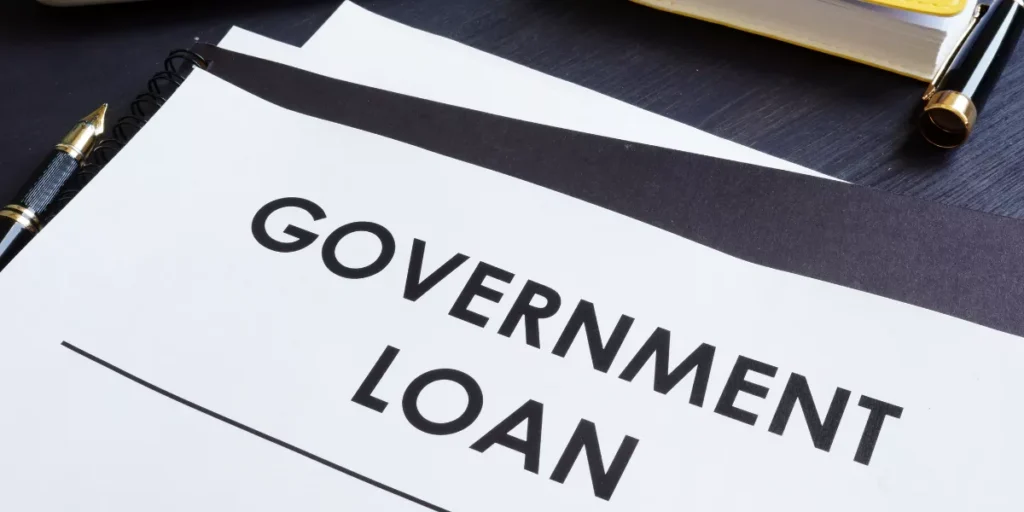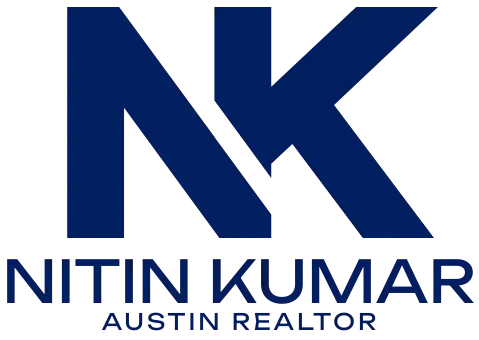Being an adult means moving out, navigating your career path, and having a place of your own to call home. Having a residence is crucial, however, many aspects of it must be kept in mind. Money is an important factor in this regard. So the very first question that pops up in mind is, “How does a first time home buyer loan work?”
We will help you get closer to buying your new dream home by explaining the requirements and laying out the first-time home buyer loan methods, and convenient ways offered by the government and non-profit organizations. You may be eligible for most of them and choose whichever suits you best.
So let us begin the home quest!
Who Are The First Time Homebuyers?
The definition of a first-time homebuyer is a person who is buying their first home. If you have not owned a home in the past three years of your life, you can still qualify as a first-time homebuyer.
A beneficial point in this regard is that various government-sponsored mortgage programs help first-time homebuyers via grants and loans.
How To Get A First-Time Homebuyer Loan
There are various options to get a loan to purchase a home for the first time. Some of which include conventional loans and multiple government-sponsored loans. There is also a brief account of other options, like employer assistance and student-specific home loan programs.
Take a note of the eligibility criteria, interest rates, and certain requirements of each nonprofit and government-backed homebuyer program before applying.
Professional advisors like Nitin Kumar have helped hundreds of valued buyers get the best out of these loan types and down payment assistance programs.
Conventional Loans
The best option among the first-time homebuyer programs, while having a limited budget or savings, is the low-down-payment conventional loans, since it requires only 3 percent down. A good loan officer can suggest options like:
HomeReady Mortgage

- This is a government-sponsored enterprise that allows a minimum of a 3 percent down payment.
- A type of policy referred to as Private Mortgage Insurance (PMI) is also required, mainly for the protection of your mortgage lender, in case people do not pay back their loans.
- The beneficial point in this type of conventional loan is that, in this case, PMI is less expensive
Conventional 97 Mortgage
- It is very similar to the HomeReady mortgage, with a minimal 3 percent down payment and a credit score of 620.
- This type of loan also requires PMI.
Home One Mortgage And Home Possible Mortgage
- Both of these conventional loans have the same 3 percent down payment, like the other two loans stated above.
- Home One mortgage, however, includes a 3 percent down payment with Private Mortgage Insurance (PMI) and is the only exclusive option for first-time home buying.
- If you are looking for a conventional loan with a low down payment or down payment assistance as a first time homebuyer, this is a strong option.
You might get a lot of options through conventional loans, however, you must also watch out and avoid common mistakes homebuyers make during closing on a house.
Government-Sponsored Loans

How does a first time home buyer loan work with government-sponsored programs? Government-backed programs include down payment assistance loan platforms like:
Federal Housing Authority
Applying for an FHA or Federal Housing Authority loan introduced by the U.S Department of Housing and Urban Development (HUD) gives benefits for first time home buyers purchasing their primary residence, like:
- 3.5% Down Payment: With a credit score of at least 580, the Federal Housing Authority or FHA loan gives you access to buy a house with a 3.5 percent down payment.
- 10% Down Payment: If your credit score is below 580, you must pay at least a 10% down payment.
- Mortgage Insurance Loans: The Federal Housing Administration provides mortgage insurance loans to protect the lender against losses if the borrower defaults on their mortgage.
Veteran Loan
This loan is designed for first-time homebuyers who have served the US. First-time home buyers eligible to apply for the VA loans or Department of Veterans Affairs loans are given the following benefits.
- An individual serving in the US military, a veteran, or a surviving spouse can apply.
- There will be no down payments but a funding fee.
- Maintaining a minimum credit score is not required, making it the best option.
Native American Direct Loan( NADL)
This loan is mainly associated with and provides financing for the native American veterans and their spouses, without any requirement for a down payment.
USDA Loans
Benefits of the USDA, or United States Department of Agriculture, given to first time home buyers are discussed below.
- Individuals with very low income or residing in unsafe and unhealthy rural areas can always apply for USDA loans.
- No down payments or maintenance of a credit score required.
- Your purchase must be in a rural area.
- Your purchase should also meet the income limits based on your location.
- You may be required to take homebuyer education classes to achieve low-interest rates.
Other Mortgage Assistance Programs for First-Time Buyers
Still wondering how a first-time home purchase loan works? Let us walk you through other programs designed for people who have not owned a home within 3 years and explore other methods low-interest loans for securing a residence.
Habitat For Humanity’s Homeownership Programs
Habitat for Humanity is a non-profit organization with the following benefits offered to first time home buyers.
- Individuals with an annual income less than 60 percent of the average or median income may qualify to apply for the first-time homebuyer loans and program.
- It does not include any down payments.
- Affordable home mortgages are designed to make homeownership possible and more attainable for a wider range of families.
- Perspective homeowners are required to contribute several hours of labour on other home projects, along with their own. This is referred to as sweat equity. Sweat equity is a must for first-time buyers to apply for this program.
Employer-Sponsored Programs
First-time home buyers looking for a residence near their workplace have the option of the employer-sponsored program, which helps them secure a residence with their company’s assistance, along with the required homebuyer education to help them understand better.
First-Time Home Buyer Loans for College Graduates

Students feeling left out? Do not worry, we’ve got you. In this regard, you can look up to Federal Housing Authority or FHA loans, which are particularly beneficial for college graduate students. While submitting your loan application, understand that these programs come with requirements of their own, like mortgage rates, certificate of eligibility, down payment, or closing costs, which can fall under the radar of eligible buyers.
Lender Offered Benefits
Some government-sponsored grants and programs are available to first-time homebuyers through their lenders, after reviewing their income and local requirements. First time home buyers with less or moderate income are eligible to receive such loans. Repayment of such loans is not required if the borrower remains in that home for a designated amount of time.
First Generation Home Buyer Benefits
People being the first to are buying a house of their own in their family, and their parents who never had a residence of their own, are referred to as first-generation home buyers. In such cases, the government has designated funds in order to assist them.
IRS Benefits For First Time Home Buyers
IRS benefits allow a first time home buyer to withdraw funds from an IRA, an individual’s retirement account. An amount of $10,000 can be distributed from an IRA on a penalty-free basis.
Conclusion
Now that we have reached the end of this blog, we hope there are no more lingering questions left regarding “how does a first time home buyer loan work”. The main takeaway is:
- A thorough view of your state’s housing finance agency
- Learn about the eligibility criteria of various loan programs
- Start preparing financially
- Save for the upfront costs of homebuying
- Choose a program that suits you best
If you want to save yourself from the hassle, contact us to achieve your dream of buying a home, and may be invest next!
Frequently Asked Questions
Q: When are you considered a first time home buyer?
A: First-time homebuyer is someone who is buying a residence of their own for the very first time. You are also considered a first-time homebuyer if you have not owned a house for the last three years.
Q: What is the first time home buyer down payment?
A: Down payments for first-time home buyers depend on which program you apply for, the type of loan, down payment, and closing costs assistance. The down payment can range from as low as 3 percent to 20 percent or more.
Q: First time home buyer loans with zero down payment?
A: Programs like USDA loans and Veteran loans require zero down payment if you are eligible to apply for these programs. Check websites, Veteran Affairs, and the United States Department of Agriculture, for more information on their programs’ eligibility criteria.
Q: First time home buyers’ loan requirements?
A: Besides the tax return documents and bank statements, a good credit score, minimum down payment, and a manageable debt-to-income (DTI), are also required in order to apply for first time home buyer loan programs.




